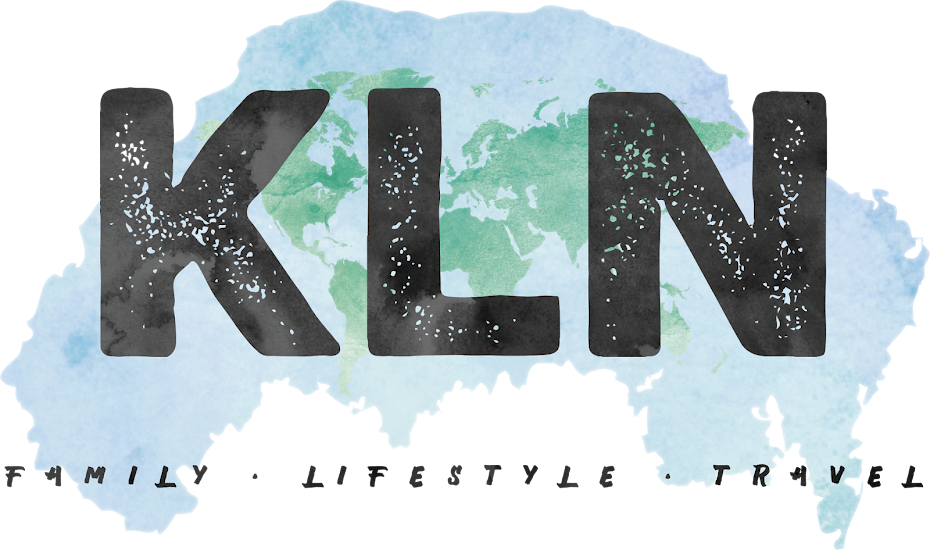
(Image Source)
It’s no secret that babies have very specific nutritional needs. At this stage in their development, your little one needs a wide range of different minerals, vitamins, and other nutrients in their diet, but it can be very hard to give them everything they need without answering a few questions first. To help you out with this, this article will be exploring a range of common questions that many parents struggle to answer when they have a baby in the house, giving you the chance to shake them off.
Breast Milk vs. Formula?
There is a lot of debate around the web when it comes to the difference between breast milk and baby formula. In reality, though, the nutritional differences between these options are usually very small, with formula being more likely to contain everything your baby needs. Food chemistry has come a long way over the last few years, giving scientists the ability to create formula products that do an excellent job of giving your child a nutritionally complete diet. Examples like Alula baby formula are an excellent reflection of this new trend.
Of course, while breast milk and formula are very similar when it comes to nutrition, breastfeeding comes with some added benefits that formula simply can’t provide. It can improve your baby’s immune system, lessen the sickness they experience through childhood, and will help to build a stronger bond between mother and child, along with a wide range of other pros.
Can Babies Drink Cow’s Milk?
Cows milk is designed for a very similar job to breast milk. Cows produce the stuff to feed their young as they grow, and this means that it as to be high in nutrients, just like human milk. Of course, though, calves are very different to babies, and this means that cow’s milk doesn’t have the right levels of nutrients like iron for a developing baby. You can give your baby cows milk in other food from around 6-months old, but they shouldn’t be allowed to drink it until they are at least 12-months old.
When Is A Baby Old Enough For Solids?
Alongside giving your baby cow’s milk, many parents worry about the right time to give their child solid foods. Naturally, a baby would start the weaning process at about 6-months old. This means that they will still be having milk as a main component in their diet, but you can also start to let them try soft foods to supplement their diet and help with teething. There are loads of dedicated baby food products on the market, giving you loads of choice when it comes to the right time to give them something more interesting than milk. Of course, though, you should be careful to make sure that the foods you give them won’t be choking hazards.
Can I Mix Different Formulas?
Baby formulas are specifically designed to provide the right nutrients to your child, but there will always come a time when you have to either waste or mix a little bit of formula when you are moving between packs. There’s nothing wrong with mixing formula products, though it’s worth avoiding this as much as possible to ensure that you don’t disrupt your baby’s diet. Your doctor may even recommend this sort of action if your baby is struggling with their formulas, but this sort of experimentation should only be done by those who have the credentials to do so.
Can Babies Have Supplements?
If you’ve been on a diet in the past, you’ve probably taken a supplement or two in your time. Many parents find thesmelves wondering if their baby can have the same, but many adult supplements come in the form of pills that a baby should never have. Thankfully, there are also products that are designed for babies that need extra nutrients in their diet. For example, babies that are mostly breast fed will usually have to have a small iron supplement to make sure that their nutrition is balanced. You can find products like this for just about every stage of your child’s growth.
Raising a healthy child can be a lot harder than many people expect. While you have a lot of options for things like baby formulas, it can be difficult to know which product will be right for your child. This post should give you a good place to start, but you may also need to talk to a medical professional if tyou are worried about your baby’s diet.
*This is a collaborative post*

